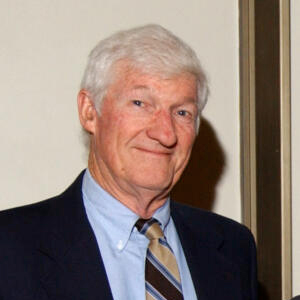
April 18, 2024
Francisca Vasconcelos chosen as Paul and Daisy Soros New American fellow
EECS Ph.D. student Francisca Vasconcelos (advisors: Jordan and Vazirani) has been chosen as a Paul and Daisy Soros fellow. She will receive up to $90,000 to support her graduate education as part of the Paul and Daisy Soros New American Fellowship, a merit-based program for immigrants and children of immigrants.








